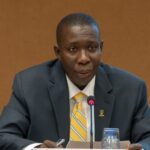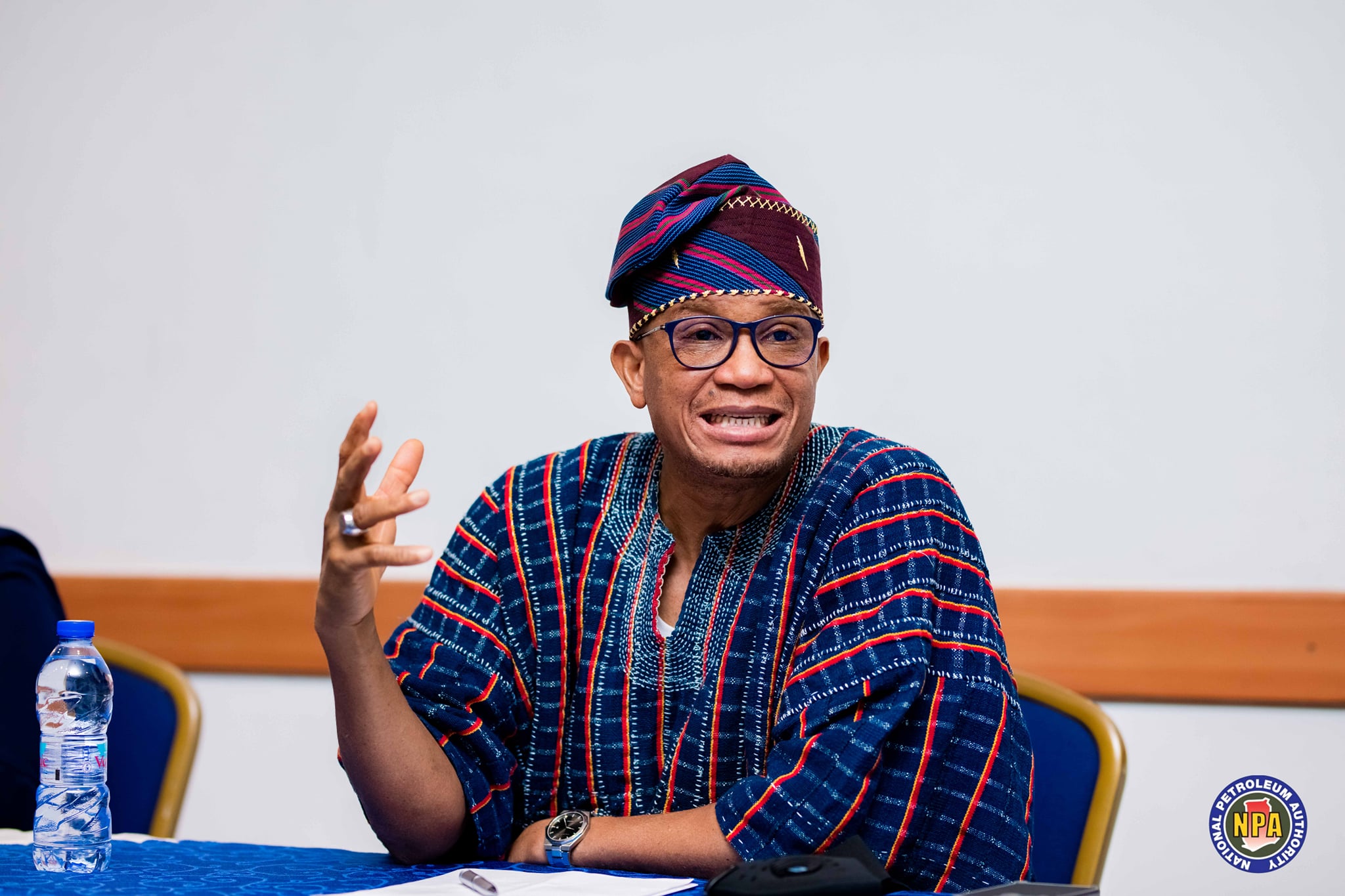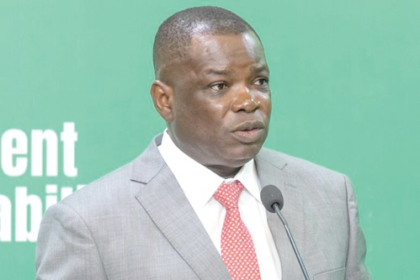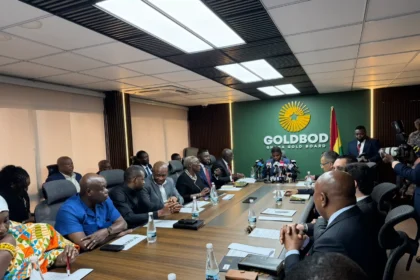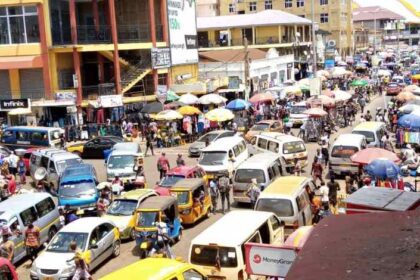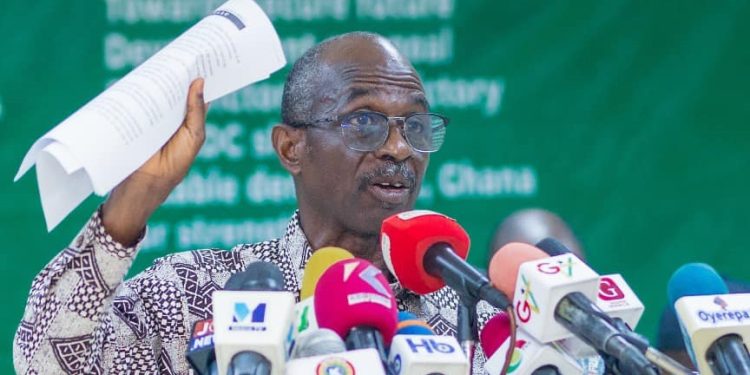Governor of the Bank of Ghana (BoG), Dr. Johnson Asiama, has reaffirmed the central bank’s operational strength and policy independence, despite ongoing financial strain resulting from the 2022 domestic debt exchange programme.
Speaking during the Governor Talks Series at the ongoing World Bank/IMF Annual Meetings in the United States, Dr. Asiama acknowledged the impact of the debt restructuring on the BoG’s balance sheet, but firmly stated that the institution remains functional and effective in fulfilling its core mandate.
“The domestic debt issue has significantly affected our balance sheet. While we may be technically insolvent, the Bank remains policy solvent. We view this as a medium-term issue, and operationally, we are fully functional,” he said.
The BoG reported an operational loss of GH¢13.23 billion in 2023, which was reduced to GH¢9.49 billion in 2024. Despite these figures, Dr. Asiama emphasized that the Bank’s ability to conduct monetary operations, regulate the financial system, and support macroeconomic stability remains intact.
Addressing public concerns, he dismissed suggestions that the Bank’s financial challenges have compromised its autonomy or exposed it to political interference.
“Even under current conditions, our independence is intact. We are not under government control, and we are not constrained in any way,” Dr. Asiama asserted.
To strengthen future resilience and reduce the risk of fiscal dominance, he revealed that the Bank is actively pursuing legislative reforms. These proposed amendments to the Central Bank Act are intended to fortify the BoG’s legal and institutional independence.
“We’re working on reforms that will provide stronger legal safeguards. For instance, we need to clearly define what constitutes an emergency to prevent overreach. These legislative changes will help preserve our independence in the long term,” he explained.
Dr. Asiama concluded by reiterating the BoG’s commitment to restoring its financial position while continuing to play its critical role in maintaining monetary and financial stability in Ghana.






